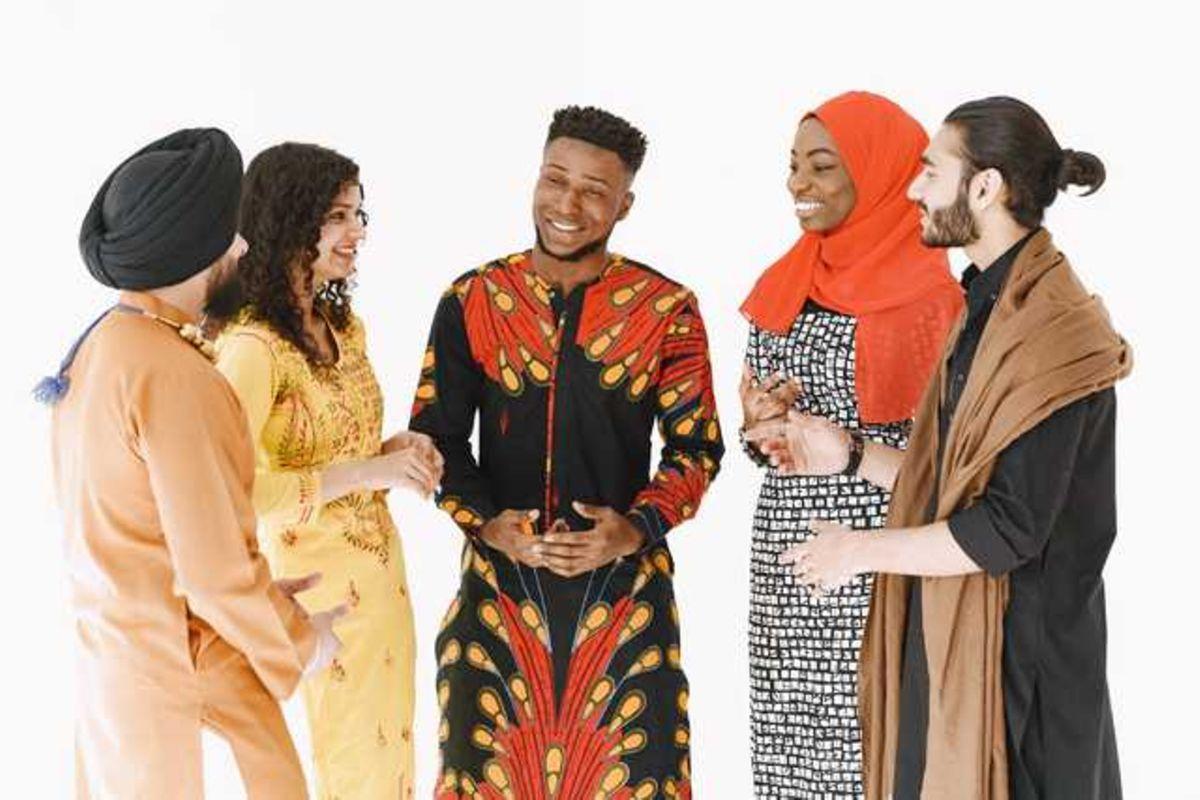Africa-Press – Seychelles. When events occur at or around the same time, we call it a coincidence. But in realm of faith, all fall under God’s design, or will, since God is omniscient.
On February 28, 2025, the Honorary Consulate of Namibia in Uganda, under the leadership of Honorary Consul Godfrey K Kirumira, held a special prayer service in memory of Namibia’s Founding Father, HE Dr Samuel Daniel Nujoma. The function, presided over by the Anglican bishop of Namirembe Diocese, attracted a congregation cutting across different faith backgrounds. Two days later, Muslims embarked on the holy month of Ramadhan/fasting, followed by the Christian holy season of Lent/fasting. Both seasons end in the feasts of Eid al-Fitr and Easter, respectively.
According to Christians and Muslims, these two seasons are holy because God invites them to take a step outside of their daily life and spend time to consider Him as being worthy of supreme importance. Both faiths trace back this practice to their founders, namely Jesus Christ and Prophet Mohamed (PBUH).
The Christian observance of the Jubilee Year of Salvation 2025, under the theme: Pilgrims of Hope, also draws the journey of interfaith dialogue into the same perspective. Muslims and Christians are hopeful that one day they will peacefully coexist, under the same God. They pray to the same God, after the example of their ancestor, Abraham. God called Abraham from Haran to Shechem where He promised a land and descendants. All people would be blessed in him (Genesis 12:1).
A pilgrimage has a characteristic of spiritual formation. It is a common journey of peace towards God and towards each other. It responds to the dream of a world in which men and women can live as brothers and sisters, rather than as competitors and enemies. A pilgrimage challenges us to build bridges instead of subduing differences and conflict.
The dynamics of a pilgrimage involve bonding and dialogue. Dialogue is a conversation where people seek to enter into a relationship with others in spite of their differences. People from different backgrounds begin to realise their commonalities and gradually pay less attention to their differences. Dialogue is one of the remedies to conflicts and wars that destroy our society.
“Without dialogue, the barriers of prejudice, suspicion and misunderstanding cannot be effectively removed,” says Frederick Streng, a scholar of religion.
Genuine dialogue must be based on openness, mutual respect and acceptance, understanding, trust, determination, patience, courage, prayer, etc. The interfaith dialogue between Jesus and the Samaritan woman, at Jacob’s Well, provides an excellent model (John 4:5-42). Jews had no dealings with Samaritans because the latter had historically been in alliance with the Assyrians and Persians and intermarried with them. The Jewish law considered Samaritans unclean and outcasts. Jesus’ move was, hence, a risky one. Through the said dialogue many Samaritans believed in Jesus.
The Pontifical Council for Inter-Religious Dialogue of the Catholic Church, proposes a dialogue of life, of action and of theology. The dialogue of life is at work when people make an effort to live in a spirit of openness and neighbourliness, sharing their joys and sufferings, their human struggles and predicaments.
In the dialogue of action, people work together to ensure that their community genuinely and concretely experiences integral development, liberation and a just society. Joint projects/actions, such as setting up schools, clinics, water projects, etc, can help to bring people together and also to uplift their human condition; for a just society. The Islamic tradition of Iftar dinner, when people of other faiths are invited, is very commendable.
The dialogue of theology is carried out when theologians and experts from different faith groups make a common study/reflection on given topics. This helps them to appreciate each other’s ways of searching for God and to resist Satan, the common enemy.
Indeed, if people come together as friends and acknowledge their roots in God and their oneness in humanity, all other things become easy. Monotheists must contribute to the ongoing construction of the global village, through interfaith dialogue, which also makes our common pilgrimage to God, and to the Promised Land, much easier.
Ramadhan Karim. Blessed Lent
For More News And Analysis About Seychelles Follow Africa-Press






